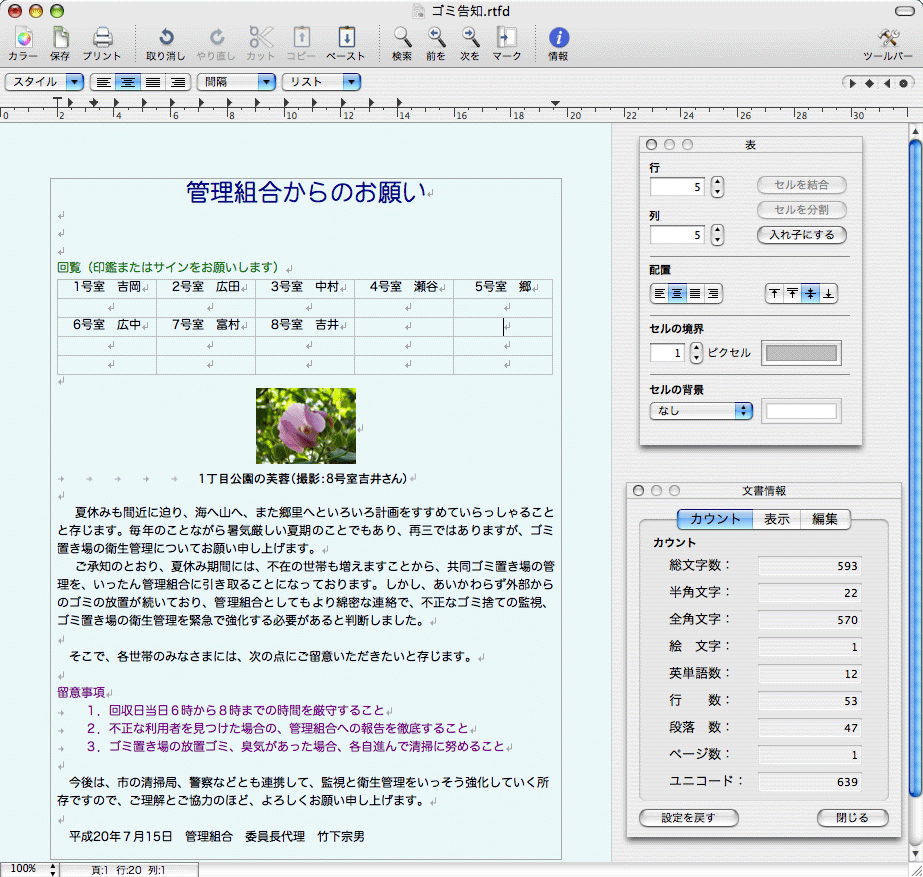

Included in Log4j 1.2 is a SocketServer class that is vulnerable to deserialization of untrusted data which can be exploited to remotely execute arbitrary code when combined with a deserialization gadget when listening to untrusted network traffic for log data. URI_FUNC() in UriParse.c in uriparser before 0.9.1 has an out-of-bounds read (in uriParse*Ex* functions) for an incomplete URI with an IPv6 address containing an embedded IPv4 address, such as a "//[::44.1" address. Point Of Sales 1.0 allows SQL injection via the login screen, related to LoginForm1.vb. It allows PHP code injection during installation via the systemdomain parameter to install/index.php, as demonstrated by injecting a phpinfo() call into /inc/config.php. This CVE addresses the partial fix for CVE-2018-1270 in the 4.3.x branch of the Spring Framework.Īn issue was discovered in UCMS 1.4.6 and 1.6. A malicious user (or attacker) can craft a message to the broker that can lead to a remote code execution attack. Spring Framework, versions 5.0 prior to 5.0.5 and versions 4.3 prior to 4.3.16 and older unsupported versions, allow applications to expose STOMP over WebSocket endpoints with a simple, in-memory STOMP broker through the spring-messaging module. A remote attacker could use this flaw to bypass authentication and execute arbitrary commands with root privilege on the target system. It was discovered that the api/storage web interface in Unitrends Backup (UB) before 10.0.0 has an issue in which one of its input parameters was not validated. A remote attacker could use this issue to execute arbitrary commands with root privilege on the target system. It was discovered that the bpserverd proprietary protocol in Unitrends Backup (UB) before 10.0.0, as invoked through xinetd, has an issue in which its authentication can be bypassed. Use-after-free vulnerability in the resolver in nginx 0.6.18 through 1.8.0 and 1.9.x before 1.9.10 allows remote attackers to cause a denial of service (worker process crash) or possibly have unspecified other impact via a crafted DNS response related to CNAME response processing. Note that this vulnerability is specific to log4j-core and does not affect log4net, log4cxx, or other Apache Logging Services projects. From version 2.16.0, this functionality has been completely removed.

From log4j 2.15.0, this behavior has been disabled by default. An attacker who can control log messages or log message parameters can execute arbitrary code loaded from LDAP servers when message lookup substitution is enabled. This vulnerability affects Firefox < 94, Thunderbird < 91.3, and Firefox ESR < 91.3.Īpache Log4j2 2.0-beta9 through 2.12.1 and 2.13.0 through 2.15.0 JNDI features used in configuration, log messages, and parameters do not protect against attacker controlled LDAP and other JNDI related endpoints. The iframe sandbox rules were not correctly applied to XSLT stylesheets, allowing an iframe to bypass restrictions such as executing scripts or navigating the top-level frame.


 0 kommentar(er)
0 kommentar(er)
